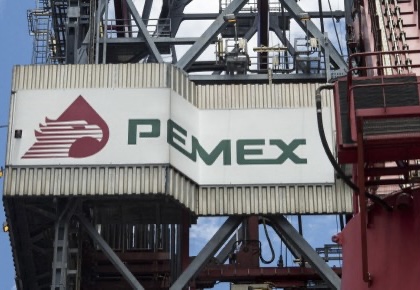KEY POINTS
- Pemex is looking to expand its oil trade markets.
- U.S. tariffs on Venezuela oil highlight the need for diversification.
- CEO Margarita Perez stresses the importance of market certainty.
The CEO of Pemex’s international trading business, PMI, stated on Tuesday that the Mexican state energy corporation is aggressively seeking to expand its markets for both the import of motor fuel and the export of crude oil.
Pemex focuses on diversifying motor fuel and crude oil markets.
“If new opportunities in other markets open, we’ll pursue them and are pursuing them,” PMI CEO Margarita Perez stated at a panel discussion held at the Mexican Senate. She emphasized the importance of having a diversification plan, especially in light of recent changes in the world oil trade.
Perez’s remarks, which emphasized the volatility in the global market, were made the day after U.S. President Donald Trump threatened to impose taxes on nations that buy oil from Venezuela.
Trump’s tariff order creates uncertainty in the global oil market.
According to Reuters, Trump signed an executive order on Monday that imposes a 25% tariff on commerce with countries that purchase oil from the South American nation. The directive is a component of the U.S. administration’s continuous pressure campaign against the government of Venezuela and PDVSA, the country’s state-owned oil business.
According to Perez, the oil market is extremely volatile due to uncertainty, which might have detrimental effects on importers and exporters alike. She emphasized that Pemex must find other markets for its oil since “not having certainty in the market creates a lot of volatility.”
Despite being a significant participant in the Mexican energy industry, Pemex is dealing with growing competition and changing market conditions on a regional and international level. Perez emphasized the significance of remaining flexible in an increasingly uncertain global energy sector as the company seeks to broaden its reach.
Pemex’s larger objective to lessen dependence on certain markets and reduce risks associated with political or economic issues in any one region includes diversifying its trade agreements.



